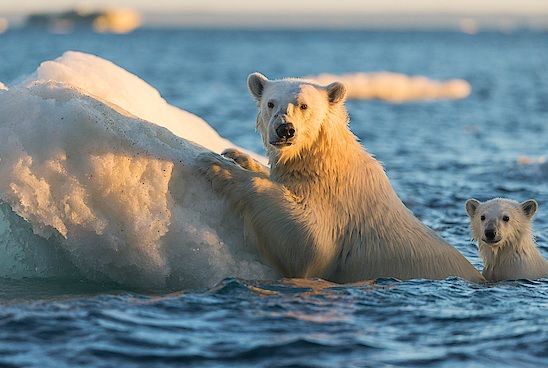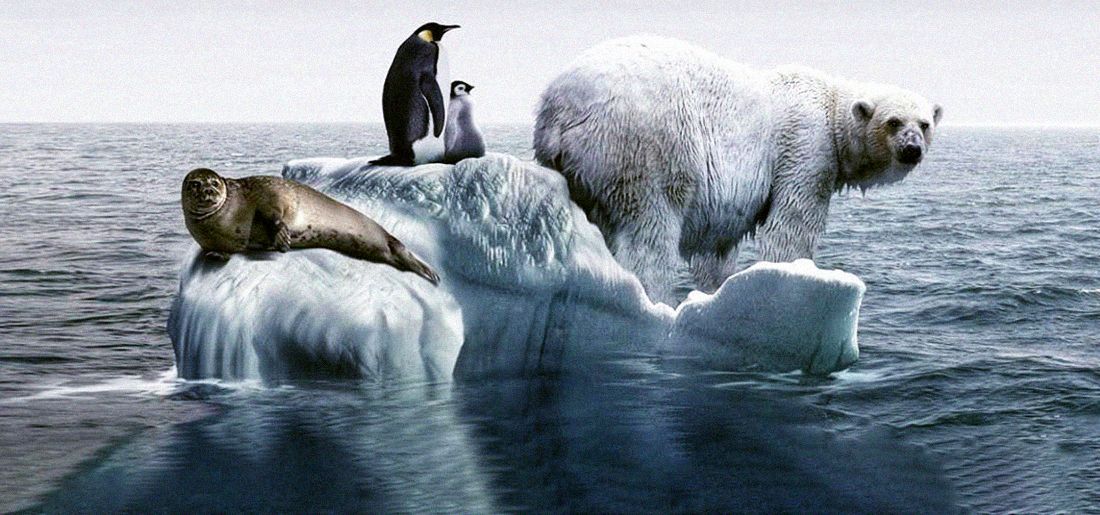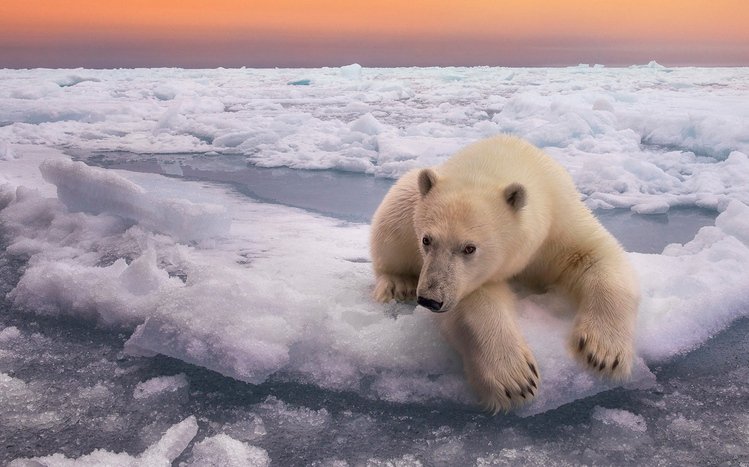Introduction:
Global Warming is Melting More Sea Ice and Affecting Milk Production for Polar Bears. Rapid global warming is causing significant changes in the polar regions, particularly affecting the sea ice on which polar bears depend. As the ice melts at an alarming rate, these majestic creatures face severe disruption to their habitat and as a result, milk production declines, threatening the survival of their offspring.
Body:
Polar bears, magnificent symbols of the Arctic, are perfectly adapted to survive in this challenging environment. They depend on sea ice as a platform for seal hunting, which is their primary source of sustenance. However, global warming-induced climate change has accelerated the melting of Arctic Sea ice, causing significant impacts on widespread polar bear habitat.
The melting of sea ice impacts the availability of food and subsequently the milk production of polar bear mothers. These creatures undergo a unique reproductive cycle, with females relying on stored energy reserves during the long winter months when hunting opportunities are limited. They then give birth in late winter and continue to provide essential nutrients to their cubs through their milk until spring.
Due to reduced access to seals, polar bears struggle to maintain optimal body condition, leading to reduced milk production. This condition hinders the cubs’ chances of growth and survival. A study published in the journal Science showed that polar bear milk has a lower fat content than previously thought, indicating a significant impact of climate change on lactation and the overall health of cubs.
Additionally, the diminishing supply of sea ice fragments the bears’ hunting grounds, forcing them to swim long distances in search of food. Swimming for long periods of time is physically demanding and can lead to exhaustion or even death for weaker individuals, including cubs who are unable to keep pace with their mothers.
Conclusion:
The effects of global warming on polar bears are far-reaching and have a direct impact on their ability to produce enough milk for their cubs. Urgent global efforts are needed to slow and combat climate change, preserve declining sea ice, and safeguard the future of these iconic creatures. Failure to act now threatens not only polar bear populations but also the delicate balance of our planet’s ecosystems.



